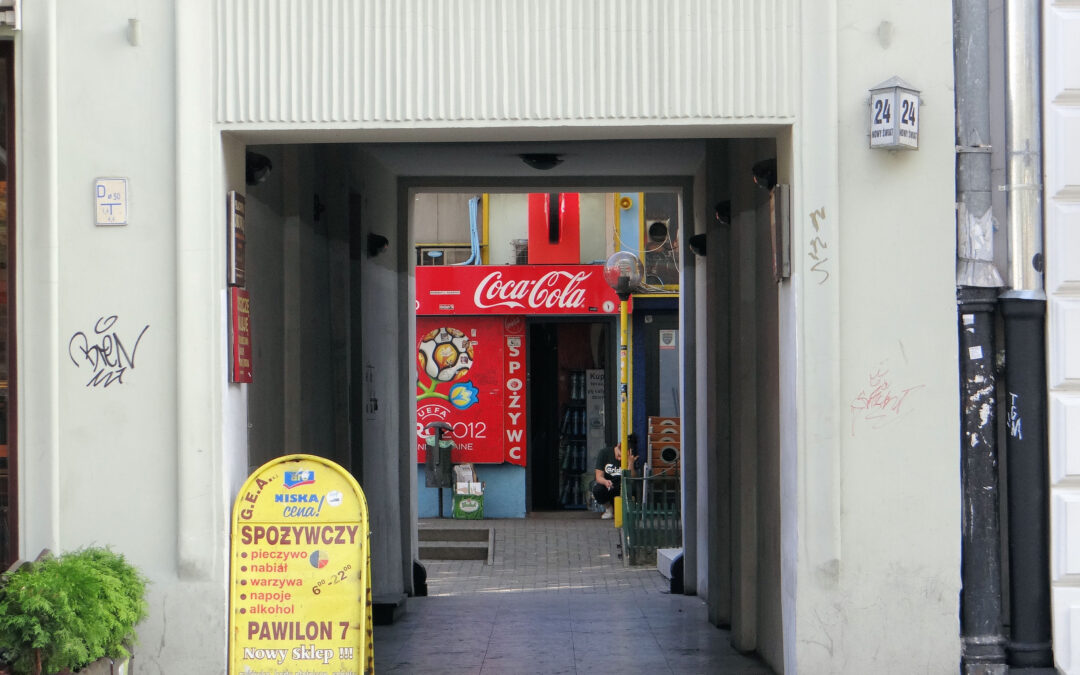Poland has sweeter Coca Cola, darker Fuze iced tea and more bitter Desperados beer in comparison to the same brands sold in some other European Union countries, according to a new study comparing the characteristics of selected food products across the bloc.
The research, produced by the European Commission’s Joint Research Centre, looked at the sensory properties of 20 branded products prominent across the continent. It found that for half of them there were “noticeable” differences.
The commission’s interest in the issue stems from claims by some eastern member states that they are victims of a discriminatory “food apartheid”. They say that international firms offer their consumers inferior versions of the same branded products available in western countries
A new Bulgarian govt study finds that, of 31 products tested, 7 had different ingredients than same brands in Germany & Austria, and 16 were sold at higher prices. Eastern member states have long argued that they are victims of a 'food apartheid' https://t.co/YyGT4a5xKH
— Notes from Poland 🇵🇱 (@notesfrompoland) May 1, 2018
The study found that Coca Cola sold in Poland was sweeter and had a more intense colour and flavour compared with the same drink in neighbouring Latvia. The beverage had more calories in Hungary and Slovakia than in Poland, Spain and Denmark.
Fuze Tea Peach Hibiscus, which is also produced by the Coca Cola company, was darker and contained more tasting notes of dark fruit in its Polish version. The drink sold in Germany was lighter in colour and contained more aromas of light fruits.
The producer explained that the difference comes from two production methods used in the EU: one involving brewed tea and the other based on a tea extract. Nevertheless, in its version sold in eastern member states and Malta, the producer only uses 0.1% peach juice, compared to 3% in Germany and 5% in Belgium and the Netherlands.
Meanwhile, the Desperados beer brand was notably more bitter in Poland compared with samples from Germany, the Netherlands, the Czech Republic and Italy.
Hazelnut chocolate produced by Milka – a firm owned by Mondelez International – contains 17% nuts in Poland, Spain and Belgium, compared with 20% in other countries. But it yielded no sensory differences in either the sweetness or “meltability” dimensions.
Meanwhile, Danone Activia Nature yogurt, which is sold in Poland but was not sampled from the country, was found to be more sour and creamy in Germany and the Netherlands while sweeter and less consistent in Belgium and Croatia.
In 2016, a number of eastern and southern European countries complained that products offered by global producers had inferior ingredients in their markets.
Following a 2017 scandal over baby food produced by German company HiPP, the EU committed to addressing the issue of dual quality of products. In 2019 EU legislators banned branded foods from being identically marketed across the European single market despite having different compositions.
In 2019, the commission announced that it had analysed the composition of 1,400 products across 19 EU states. While it found that 9% of them differed in composition despite having identical packaging, there was no consistent geographical pattern in this variation.
The newly released follow-up study looks at whether previously investigated differences in ingredients affected the sensory experiences of consumers.
A study has found no evidence that firms sell inferior food products in eastern EU member states under the same branding as higher-quality versions in the west.
Eastern members, including Poland, often complain that they are victims of a 'food apartheid' https://t.co/la5bTTAVOr
— Notes from Poland 🇵🇱 (@notesfrompoland) June 25, 2019
Main image credit: Jolanta Dyr/Wikimedia Commons (under CC BY-SA 3.0)

Maria Wilczek is deputy editor of Notes from Poland. She is a regular writer for The Times, The Economist and Al Jazeera English, and has also featured in Foreign Policy, Politico Europe, The Spectator and Gazeta Wyborcza.




















